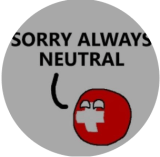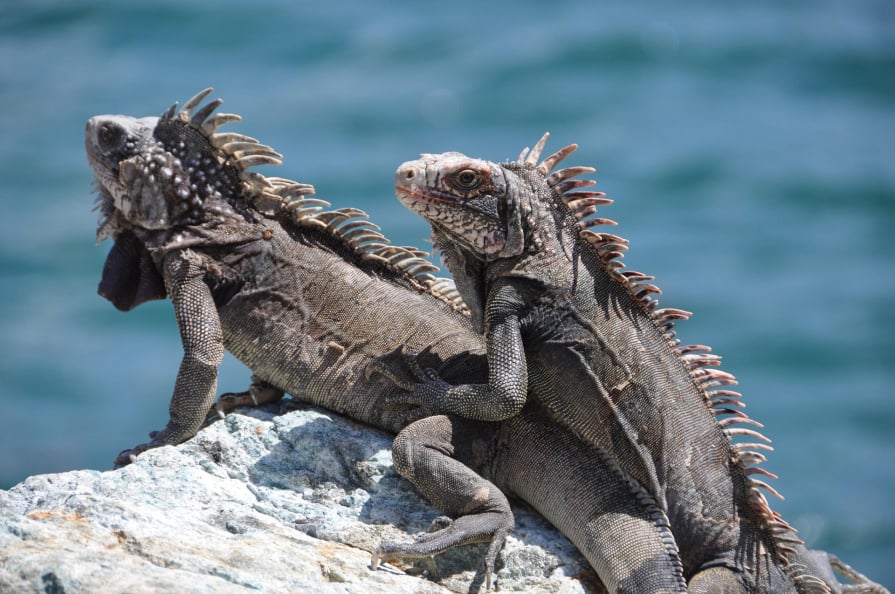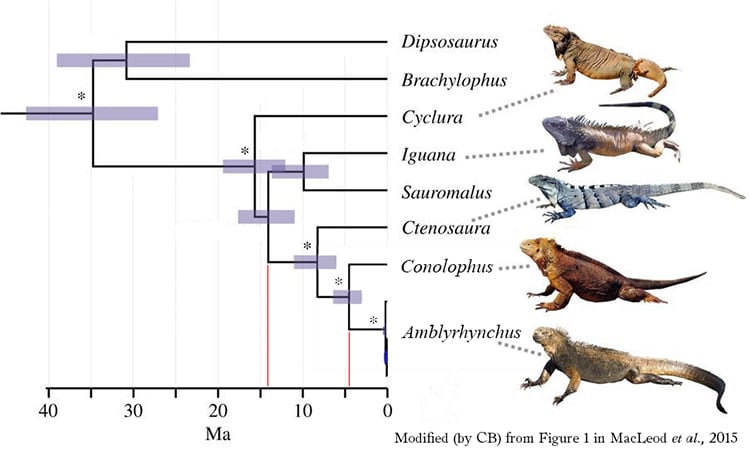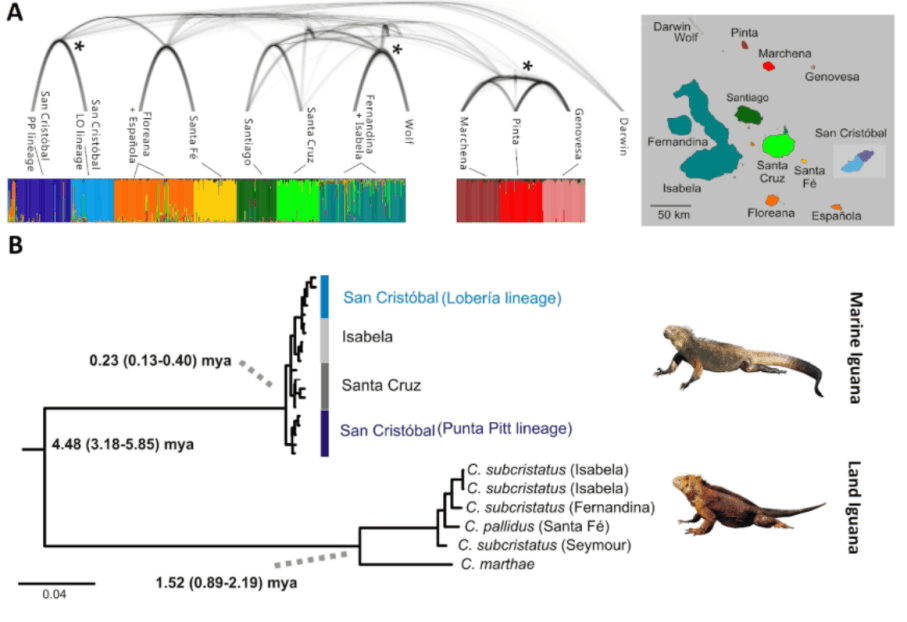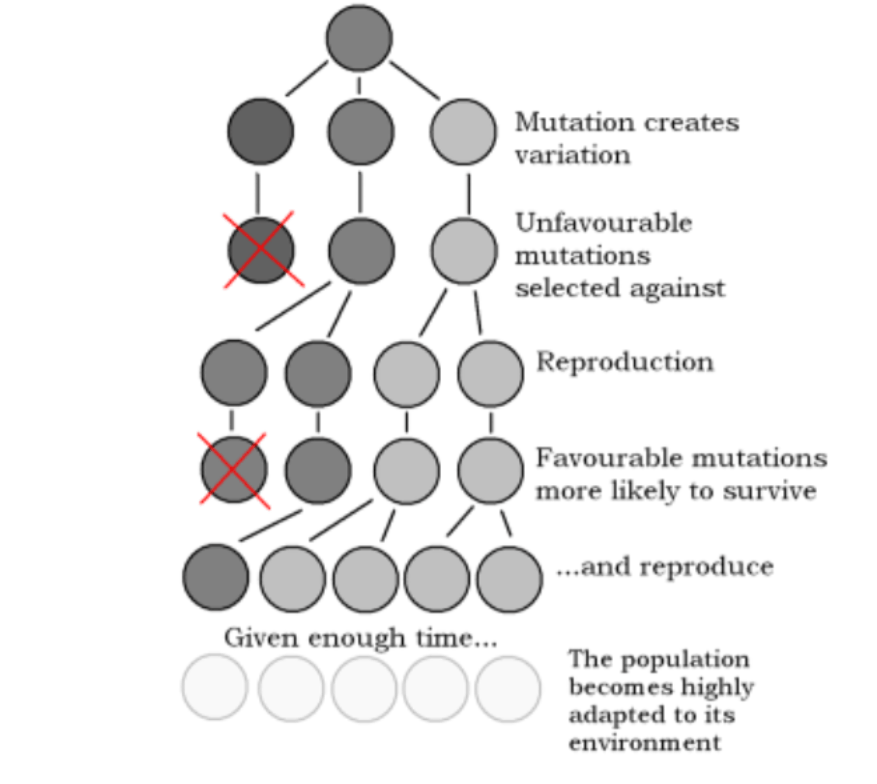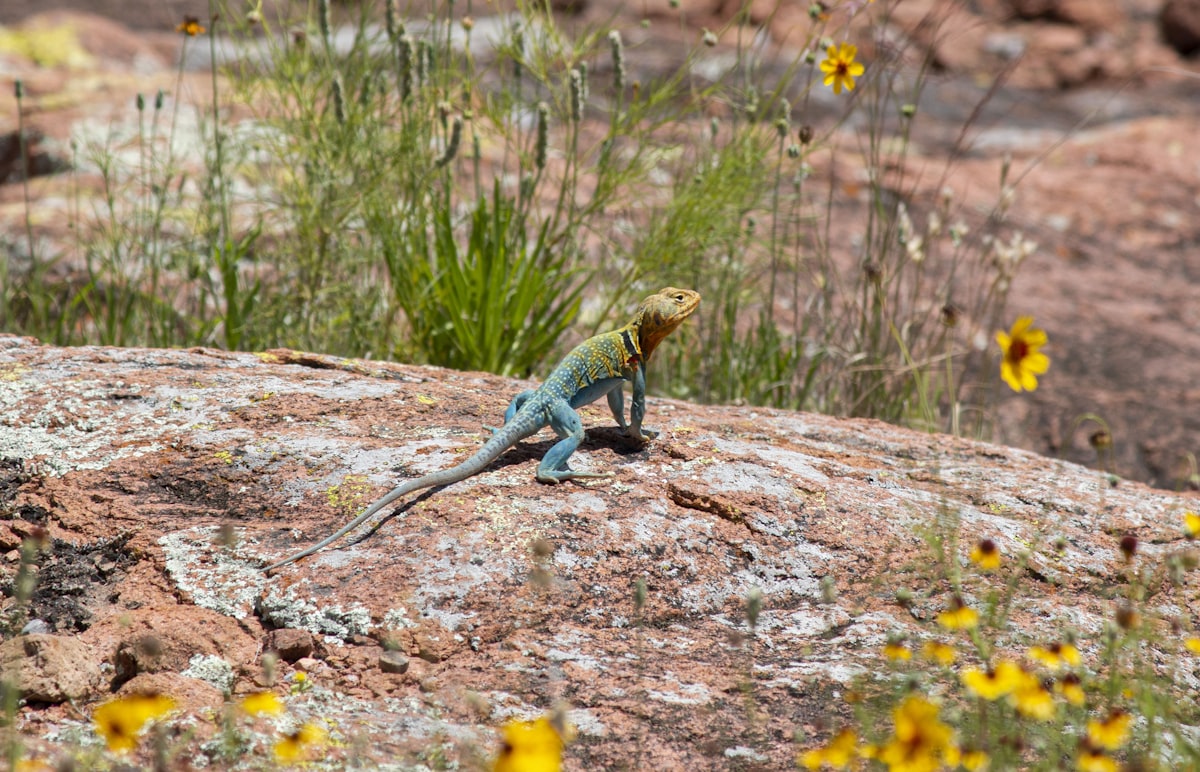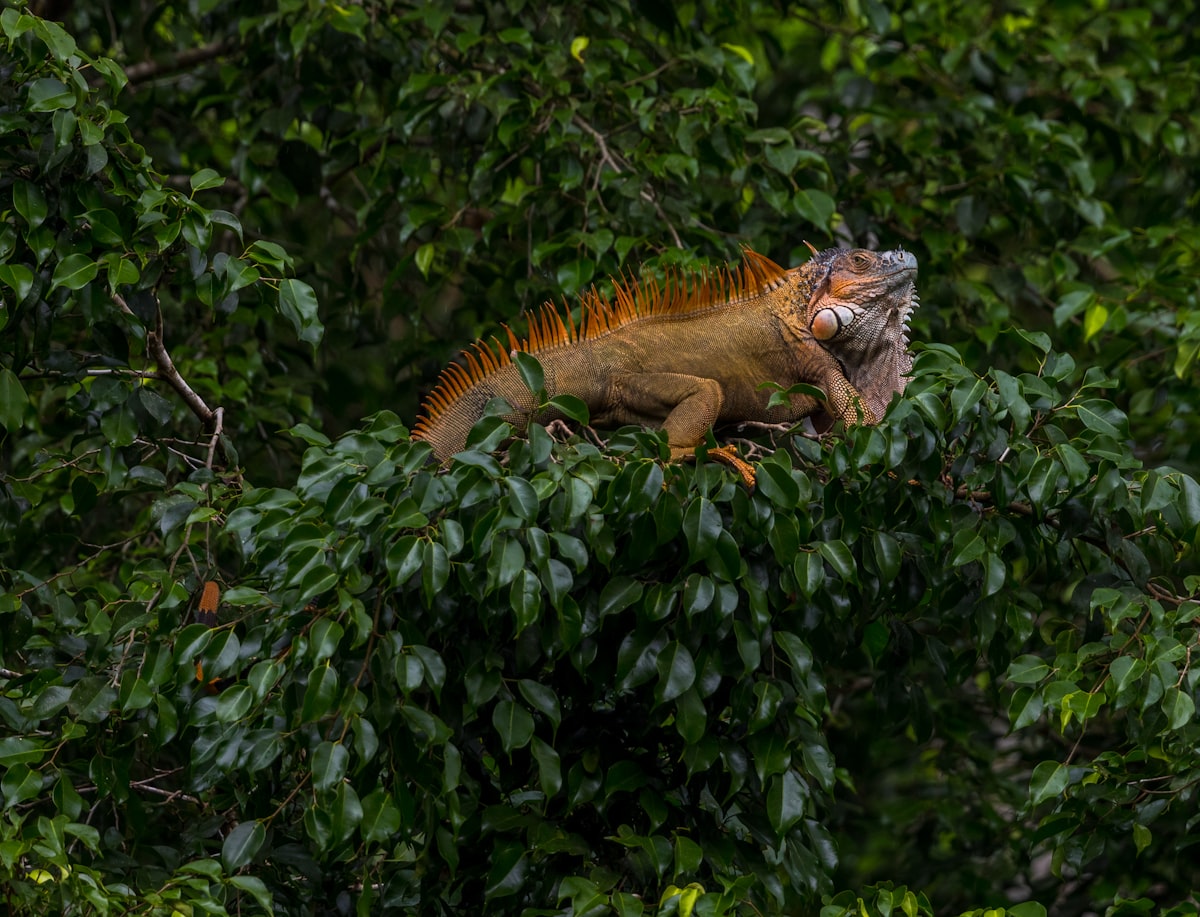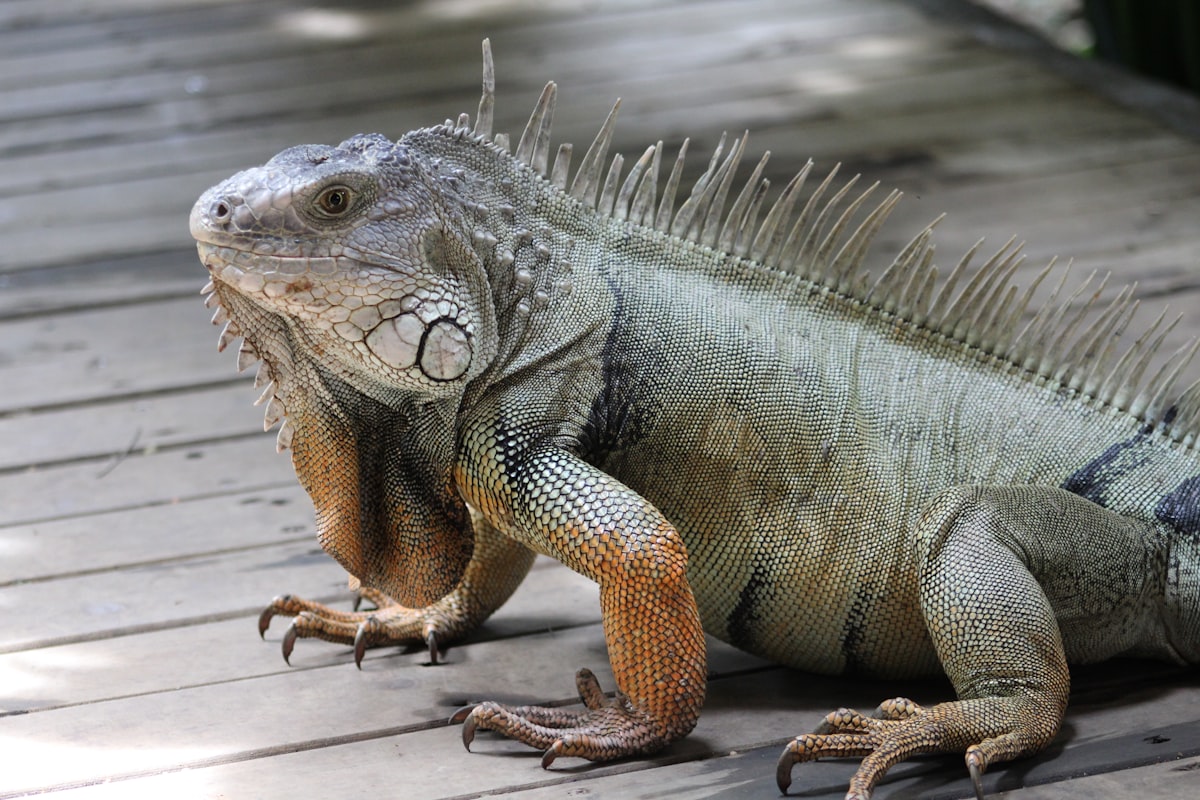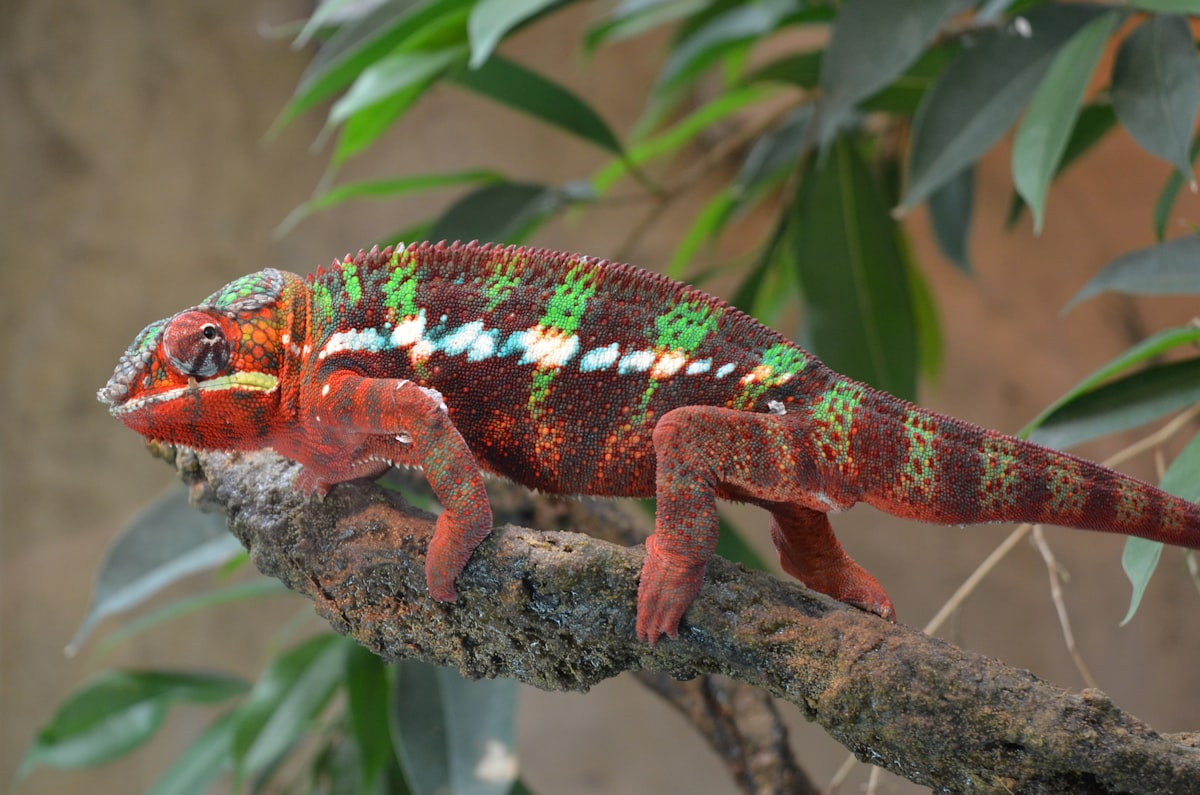The Problem
Marine iguanas, native to the Galapagos Islands, have minor genetic differences between populations in the islands. For example, two resident populations in San Cristobal island behave differently with one another, even though they’re on the same island. This highlights the problem, in which environmental problems such as climate change or predation from non-native species risk changing the level of pressure on marine iguanas, forcing them to change their gene pool to adapt, while the species(s) who can’t adapt risk becoming extinct or decreased by population, decreasing the population of the whole marine iguana species.
